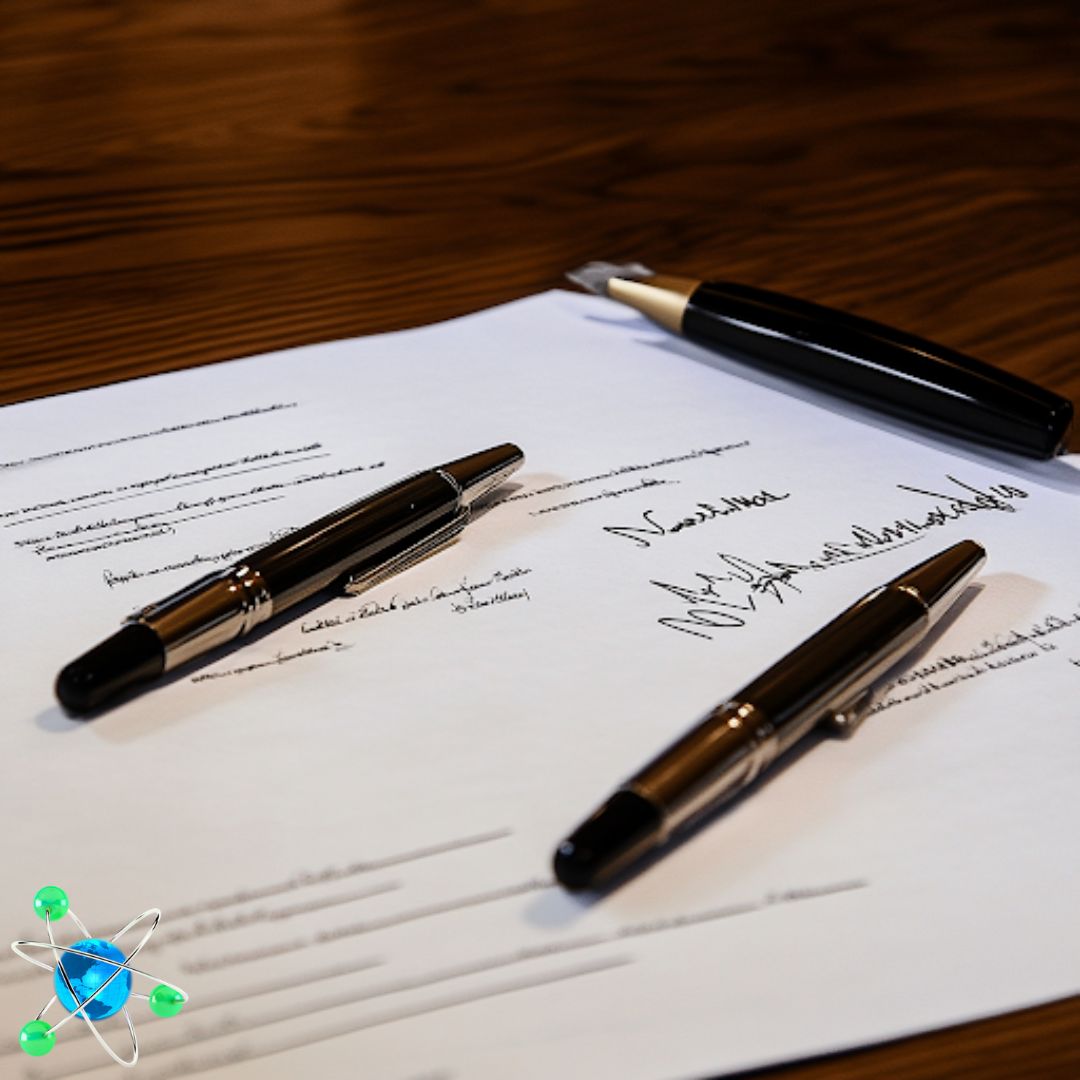
- Strategic Partnership for Clean Energy: The U.S. and Lithuania signed an agreement to collaborate on developing Lithuania’s civil nuclear power program, focusing on fourth-generation small modular reactors (SMRs). This partnership supports Lithuania’s goal of achieving a net-zero emissions economy by 2050 and helps integrate the country into the European energy grid.
- Comprehensive Technology Assessment: The U.S. will conduct a technology assessment report by 2028, covering market analysis, risks, life-cycle evaluations, site suitability, and financing for new nuclear facilities, to aid Lithuania’s development of SMR technology.
- Strengthening Security and Workforce: The agreement facilitates the exchange of nuclear experts to enhance nuclear facility security, improve decommissioning and fuel management, and develop a skilled workforce in Lithuania, reinforcing both national and regional security.
On November 26, 2024, U.S. Secretary of Energy Jennifer M. Granholm and Lithuanian interim Minister of Energy Dainius Kreivys signed a landmark Intergovernmental Agreement to collaborate on the development of Lithuania’s civil nuclear power program, with a focus on deploying fourth-generation small modular reactors (SMRs). This agreement marks the first of its kind led by the U.S. Department of Energy, specifically aimed at advancing SMR technology, and highlights the United States’ commitment to supporting its partners and allies to transition to clean energy.
This partnership aligns with Lithuania’s ambitious energy goal of achieving a net-zero emissions economy by 2050. As the country prepares for a significant increase in electricity demand, which is projected to grow sixfold from 12 TWh to 74 TWh. SMRs will play a crucial role in meeting these energy demands. Lithuania’s Ministry of Energy also notes that the country is transitioning away from the Russian electricity grid and integrating into the European continental energy grid network.
The agreement establishes a strategic collaboration to help Lithuania become a major regional energy exporter. This will support Lithuania’s energy security and long-term economic growth, while also contributing to its technological advancements in clean energy.
As part of the agreement, the U.S. will conduct a comprehensive technology assessment report by 2028. This will include a market analysis of SMR technology, an evaluation of potential risks, and a life-cycle assessment of potential reactor installations. The report will also analyze site suitability, financing options, and the development of new nuclear facilities.
Minister Kreivys emphasized the importance of learning from the U.S. experience in developing next-generation nuclear technologies by stating, “Lithuania is particularly interested in the U.S. experience in developing next-generation nuclear power technologies which could provide a secure, safe, and reliable supply of energy to meet the country’s growing energy needs and achieve climate-neutrality goals.”
Additionally, the agreement will facilitate an exchange of nuclear experts, helping Lithuania strengthen security at its nuclear facilities, manage decommissioning and fuel cycles, and develop a skilled workforce for its growing nuclear sector.
In her statement, Secretary Granholm highlighted the broader geopolitical importance of the agreement: “Safe, clean, and reliable civil nuclear energy will be a critical component of Lithuania’s energy pathway. The U.S. remains committed to working with Lithuania to advance its national security, regional security, and democratic sovereignty.”
This cooperation not only strengthens Lithuania’s energy infrastructure but also reinforces its regional security and sovereignty, with the U.S. providing support in this area of technological development. The agreement between the U.S. and Lithuania represents a significant step forward in the global push for clean nuclear energy. By collaborating on SMR technology, the two nations are paving the way for a secure energy future, further advancing the transition to climate-neutral economies.

0 Comments